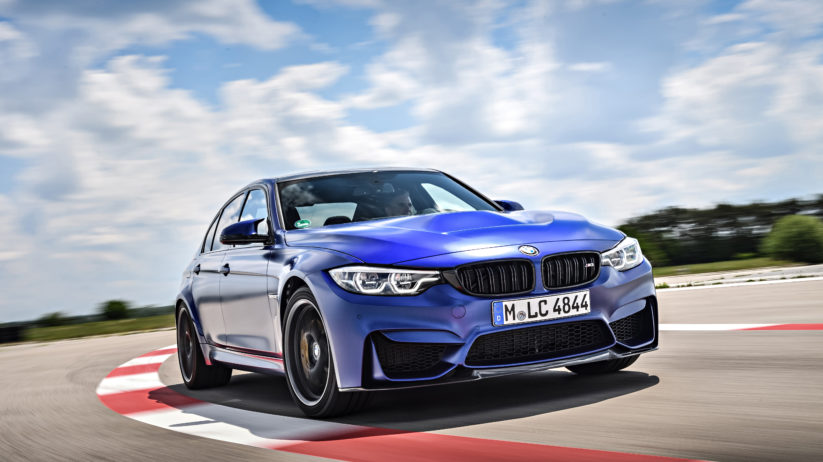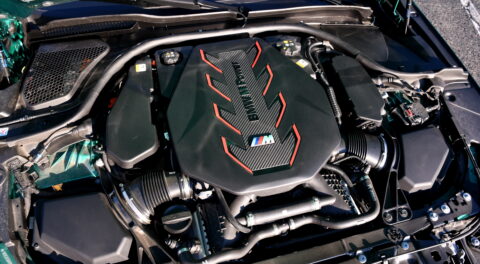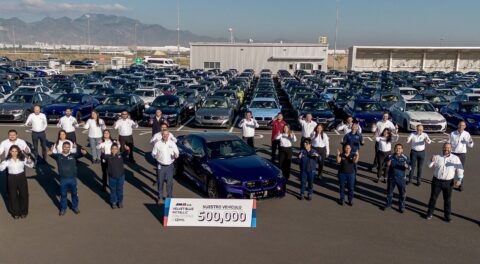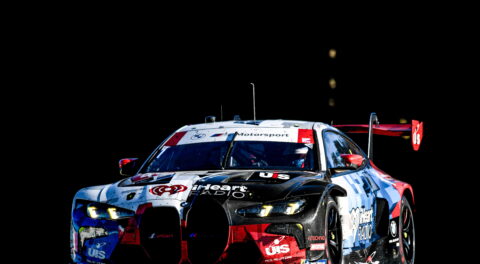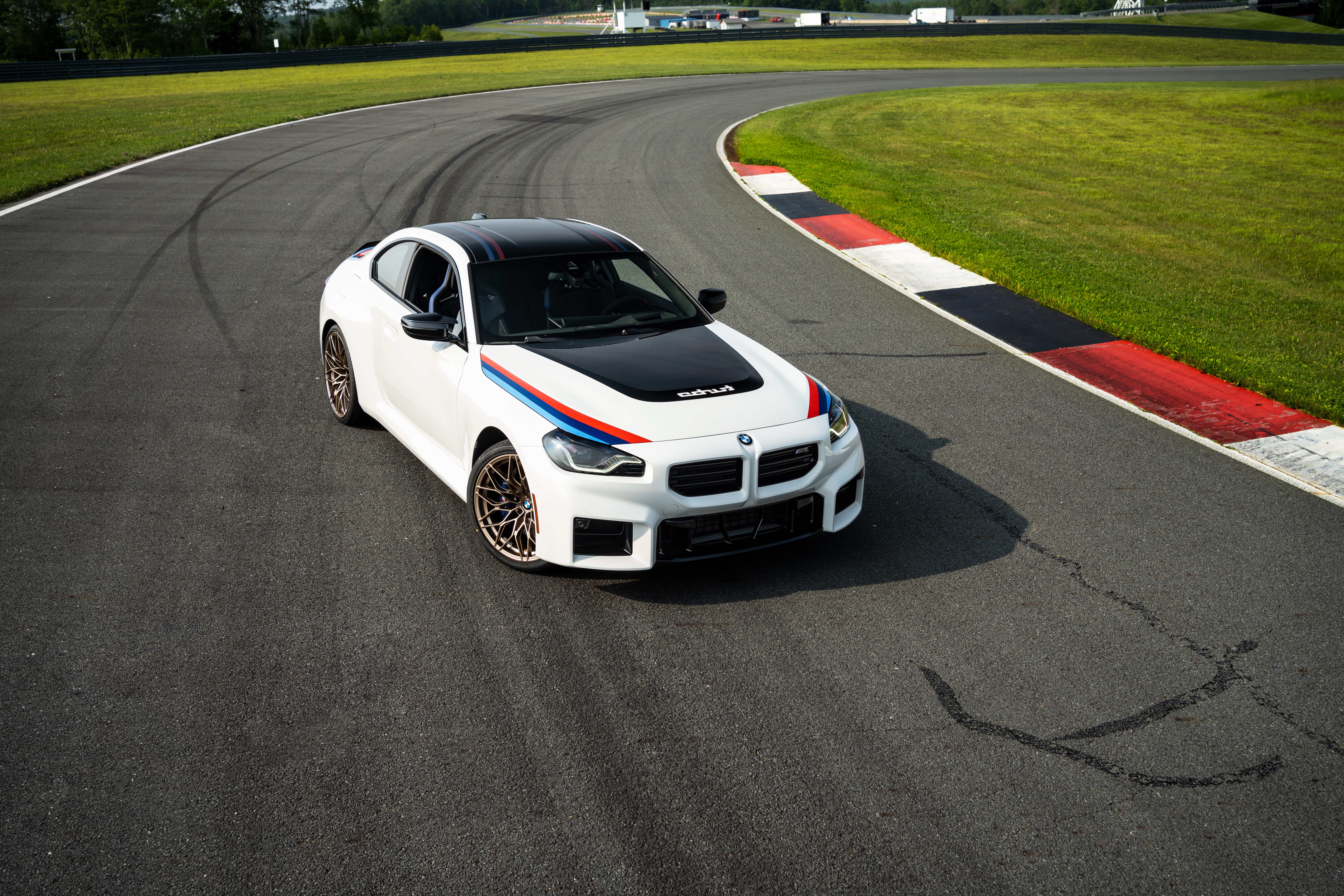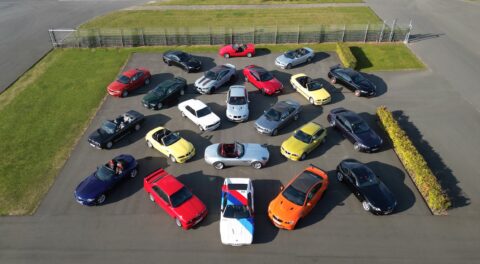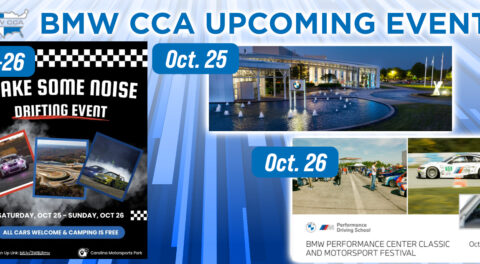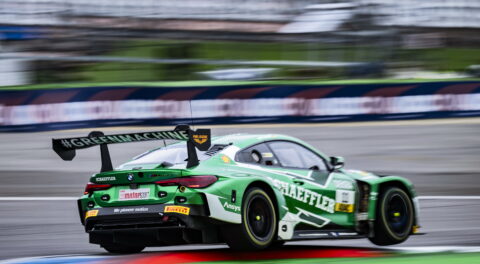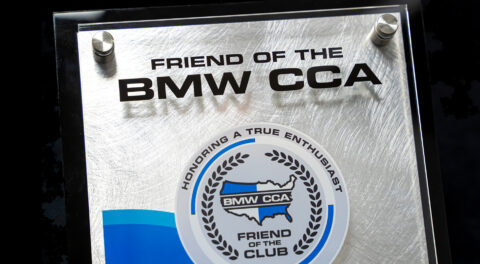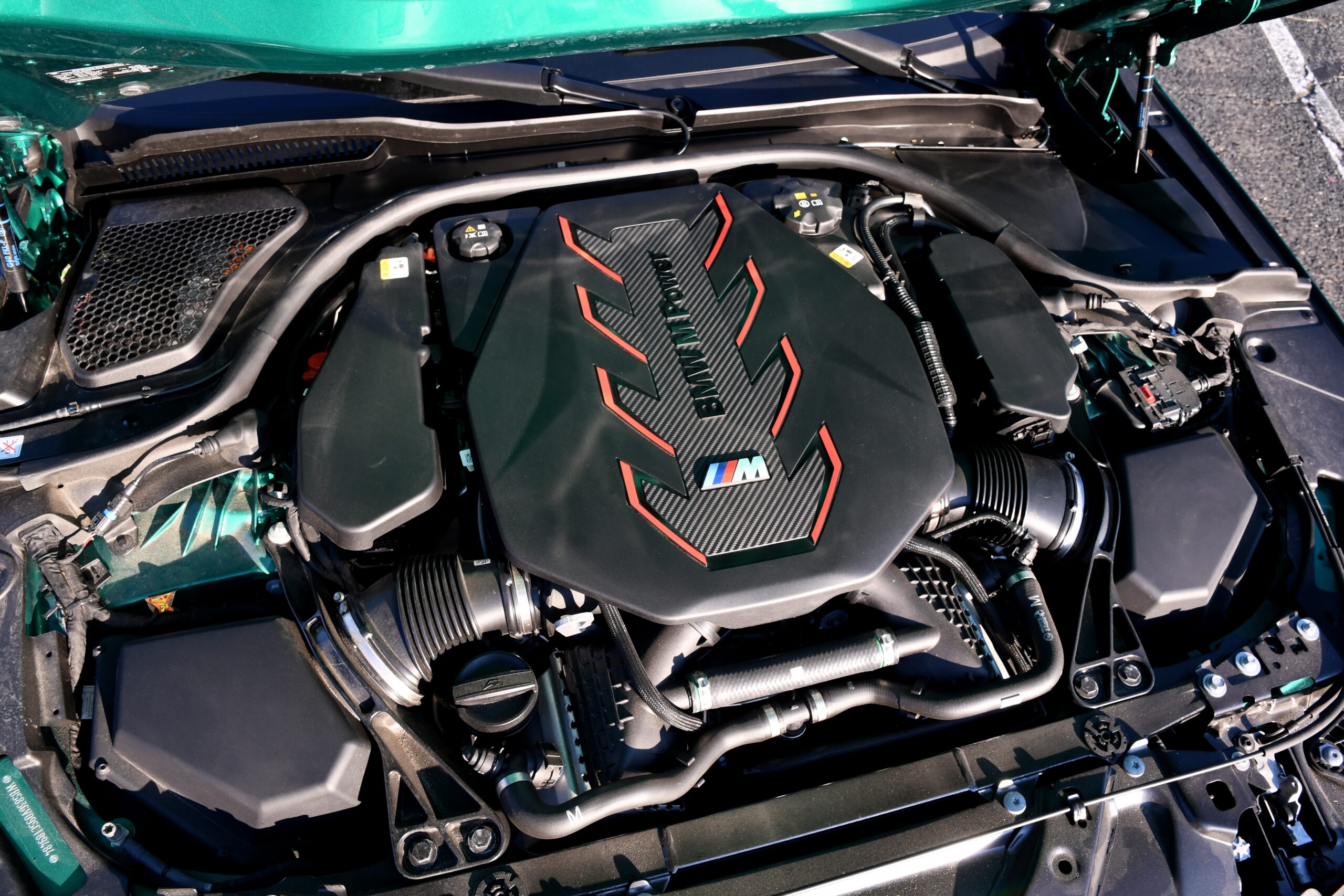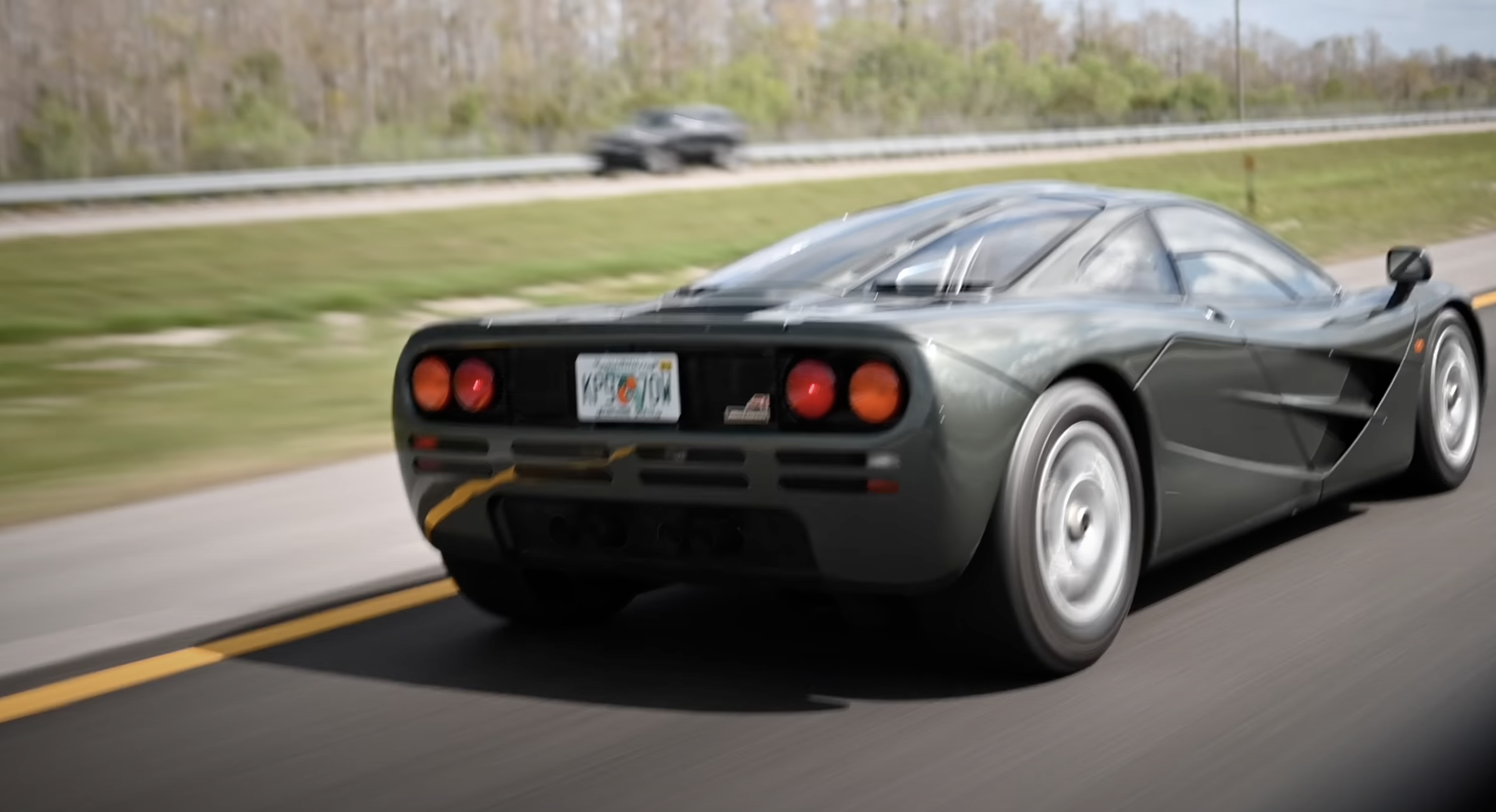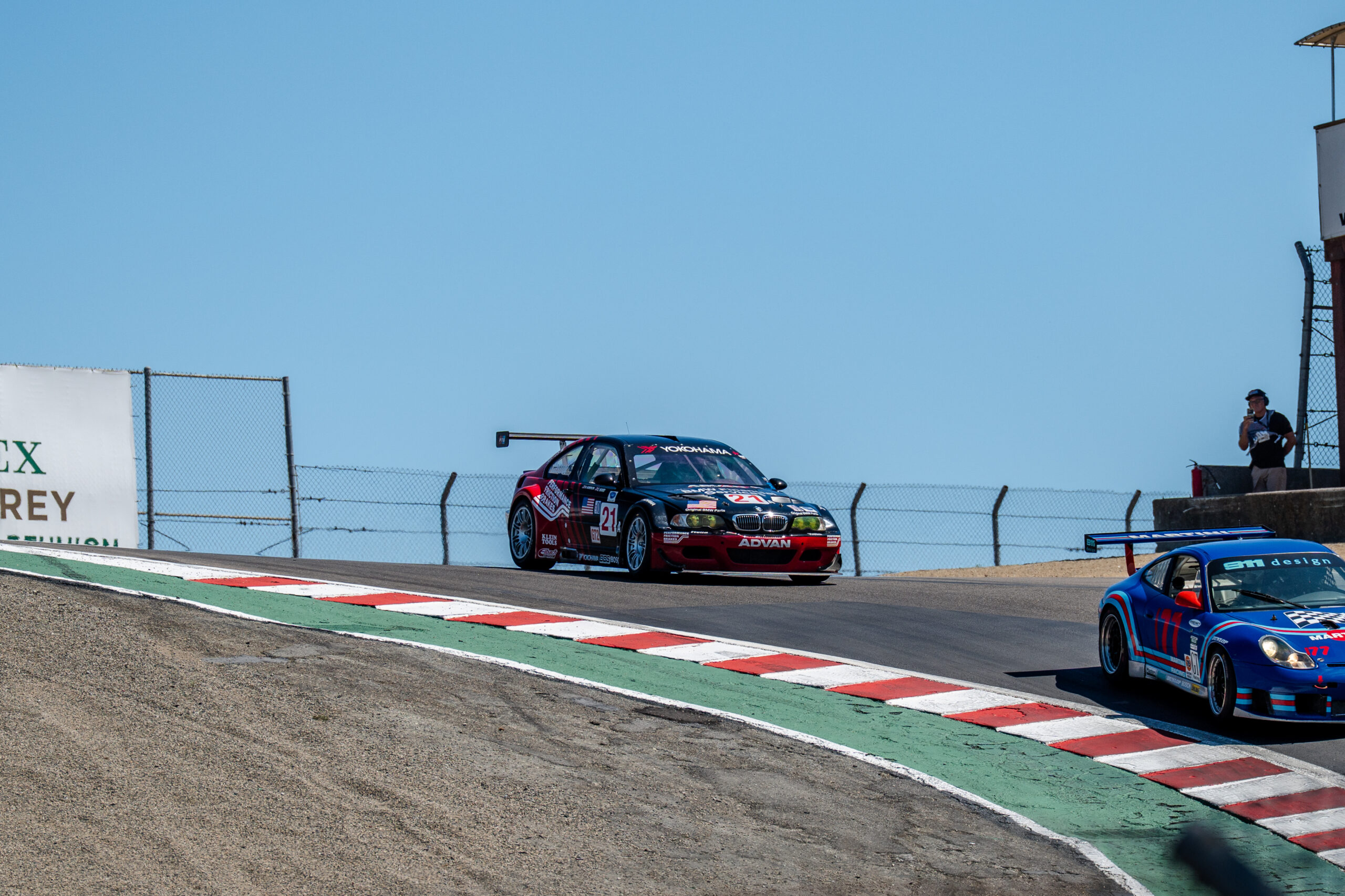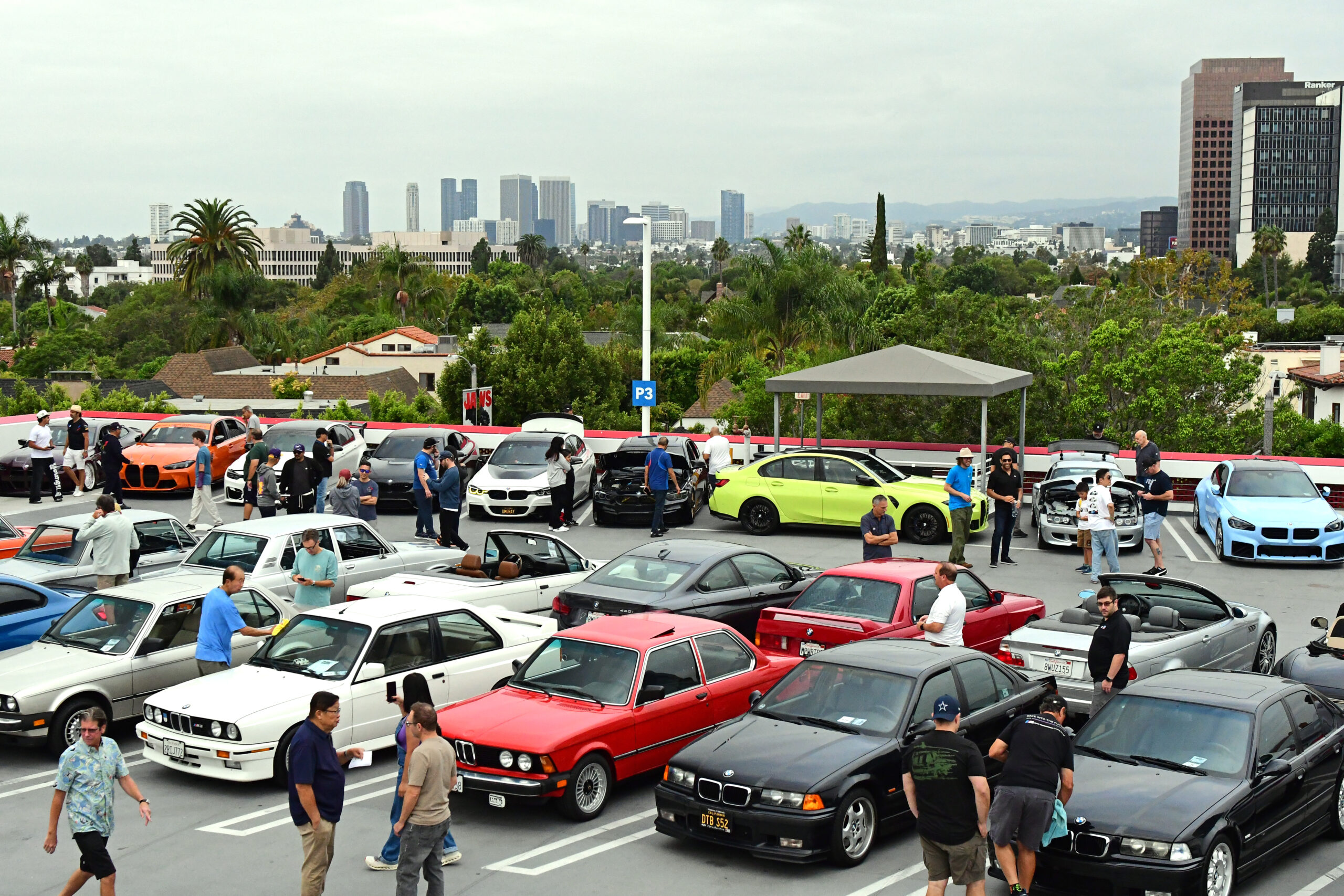Every now and again, high ranking executives are unexpectedly candid with the media. It doesn’t always go over well, but more often than not, the truth is best delivered by way of a medium similar to a shot of whiskey. This week, BMW development chief Klaus Fröhlich used some rather brusk but perhaps not unwarranted speech to convey his feelings about perennial BMW critics who seem to perpetually find fault in anything the automaker does.
When it came to development of the new 3 Series, Fröhlich refused to settle for anything less than benchmark technology and performance, as he detailed in a recent interview with Motoring, an Australian automotive news outlet. During the discussion, the board member was unabashed with his words, and lashed out when the topic of past 3 Series reviews came up. “It has to beat everybody in the segment in driving dynamics because all the Australian, U.K. and American journalists say ‘ooh the E46 CSL was the last real 3 Series,’ I do not want to hear that [censored] anymore.”
Without getting too caught up in the syntax, it’s actually quite refreshing to hear such a cut and dry statement coming from a company that is notoriously reserved when it comes to vehicle development, with heavy reliance on panel-tested terms and branding developed by marketing. Not only is the determination and drive behind formulating the new 3 Series exciting and encouraging to hear about, but so too is the fact that individuals who matter at BMW are perhaps just as vexed as the rest of us when it comes to so-called auto enthusiasts, forum pundits and others who make a habit of deriding modern brand offerings. Commentary on Jalopnik seemed to hit the proverbial nail on the head for once, opening further inquiry into the question of the last great BMW or real 3 Series.
So what was it? Those of us who have been involved in this sphere long enough will recall a period when nothing post E30 was worth a second look, and how the then-current E46 was bloated, disconnected and miserable. Contradictory as things often turn out to be, the E46 now seems to hold the crown of the last BMW worth buying in many circles, and even Bring a Trailer has sung the praises of the M3, which is saying something considering the website’s traditionally vintage editorial focus. But the march of time is inevitable, and even a rather pedestrian engine like the N52, the last naturally aspirated inline six offered in the U.S. by BMW, is earning its place of note in history. And of course, lest we forget that there remain the staunch luddites among us who feel BMW has gone astray ever since the 2002 ended production back in the mid-1970’s.
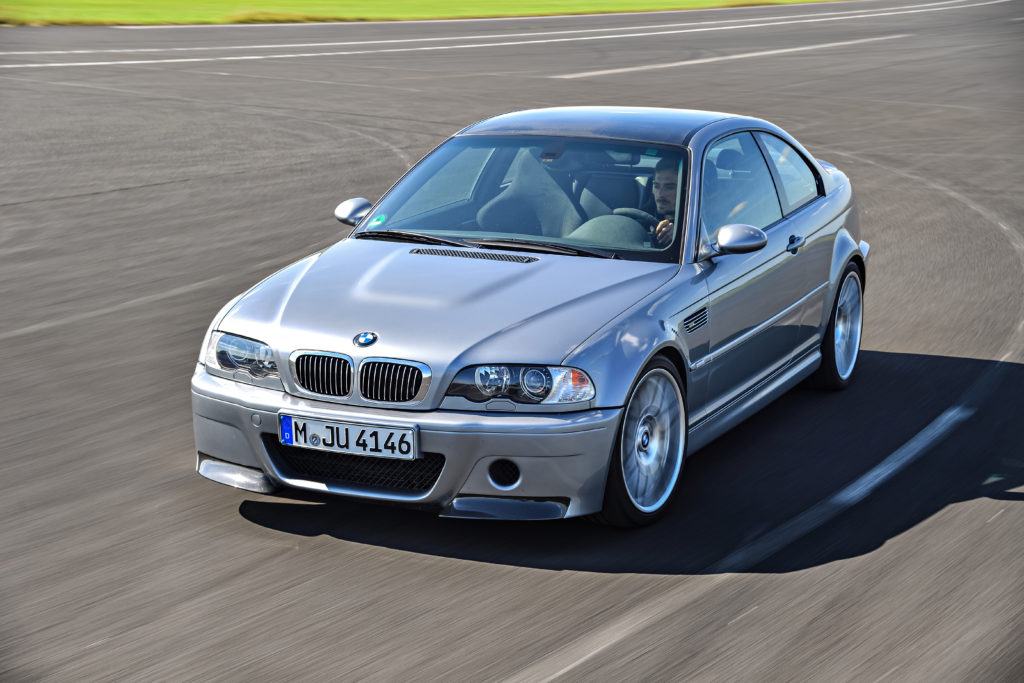
So here we are, some eighteen years into the new millennium, still worshipping at the altar and praying to the cars of yesteryear. There’s nothing wrong with it by any means, so long as you can commit to the reality of ownership. BMW fans on forums and within comment threads love to declare that nothing will ever handle as well as the E36 M3, and that they’ll never be caught dead owning something without a manual transmission—no matter how impractical or restrictive the proclamation might be. But there’s an inconsistency at work here, one that becomes quite clear when examining sales numbers and overarching trends: for every cohort of manual transmission diehards on the internet, data seems to indicate that on average, very few actually put their money where their mouth is, at least in terms of manual transmission take rates in standard production cars like the 3 Series.
The phrase “build it and they will come” still holds true, especially in the case of Porsche as a whole, and more specifically when using manual transmission take rates on the M2 as an example. Unfortunately, the same does not apply when it comes to development of more mainstream models like the 3 Series and 5 Series, which often sat on dealer lots for months if their manual-minded buyers backed out after placing a special order for their own build. But any good forum complaint would be remiss without a mention of so-called disconnected driving dynamics and of course, the overuse of plastic and computers on modern cars. One would like to think that these individuals are aware of the fact that there is an ever-growing list of safety regulations that prevent cars from ever being as light, nimble and simple as they were for previous generations, but few things can be taken as a given today.
The only real option for these individuals is to either end the complaining, and acquiesce to modern standards (to which there are plenty of exceptions and loopholes, like the current M2, for example), or to completely and unabashedly commit to their preferences, buy the vintage platform they so carefully put on a pedestal, and embrace all of what life entails when using something old and cool for transportation. There’s nothing wrong with owning a modern commuter stablemate either, but the complaints and dissatisfaction are even more difficult to take seriously when someone uses their airbag-equipped wife’s car to grab parts while their carb-fed classic is sidelined, while simultaneously claiming to live be the virtue of all new cars being trash.
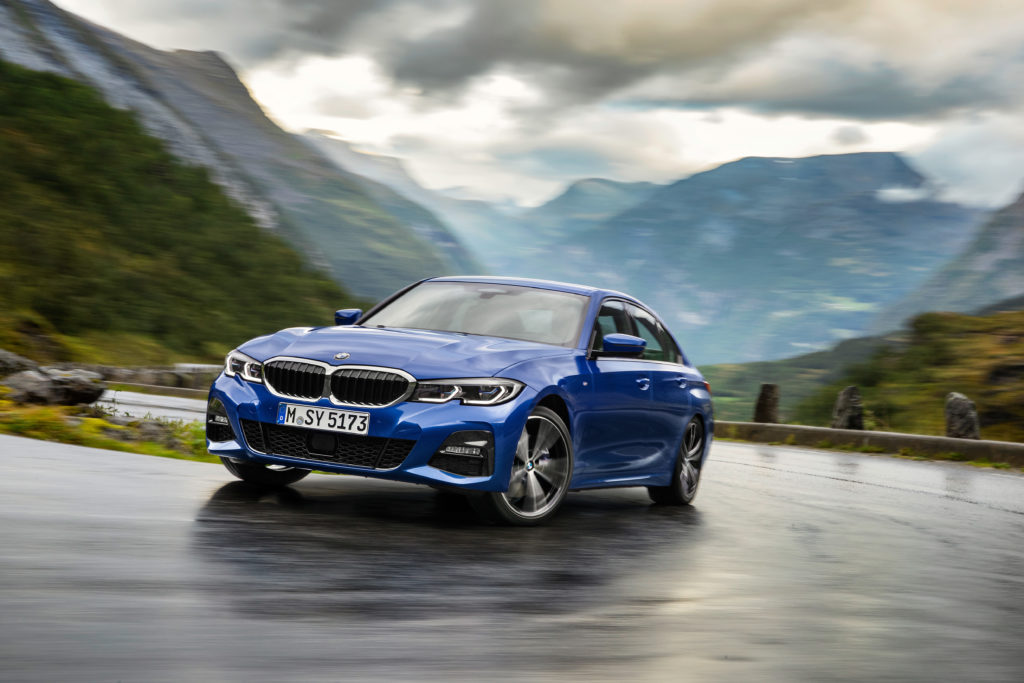
In the end, this isn’t political. No one is begging you to believe anything without evidence. Book a day of unforgettable experience at a BMW Performance Center, and you’ll be made a believer as you stand on the brake pedal of a carbon ceramic-equipped F80 M3 and the system hauls you down uneventfully from 140 mph or more, scrubbing off speed like it’s nothing before a chassis-racking turn is next on the agenda. And don’t forget; everyone is allowed to scratch their head at models like the since eliminated 5 Series GT, but to deny the statement that BMW has never not made an excellent car that can be equipped for a wide of array of tastes and uses is a falsehood.
Editorial proclamations are always meant to be taken with a grain of salt, but in this case, even the executives seem to be aware of the trend relating to enthusiasts, pundits and journalists subconsciously choosing to view the past through rose-colored glasses. What else would explain how the last decent BMW seems to keep getting newer as time goes on? And before you get worried, none of this means the brass has elected to stand by while other competitors do their best to capture the sport sedan segment, as is evident in the statements made by BMW development head Klaus Fröhlich, who went on to explain that no one is forgetting what made the brand great to begin with, “I think as a company BMW has a big history of compact four-seaters with a lot of power — 1600, 2002, the first 3 Series, the 323 with two exhaust pipes. This is the BMW still in the minds of many people.” —Alex Tock
[Photos courtesy BMW AG.]

